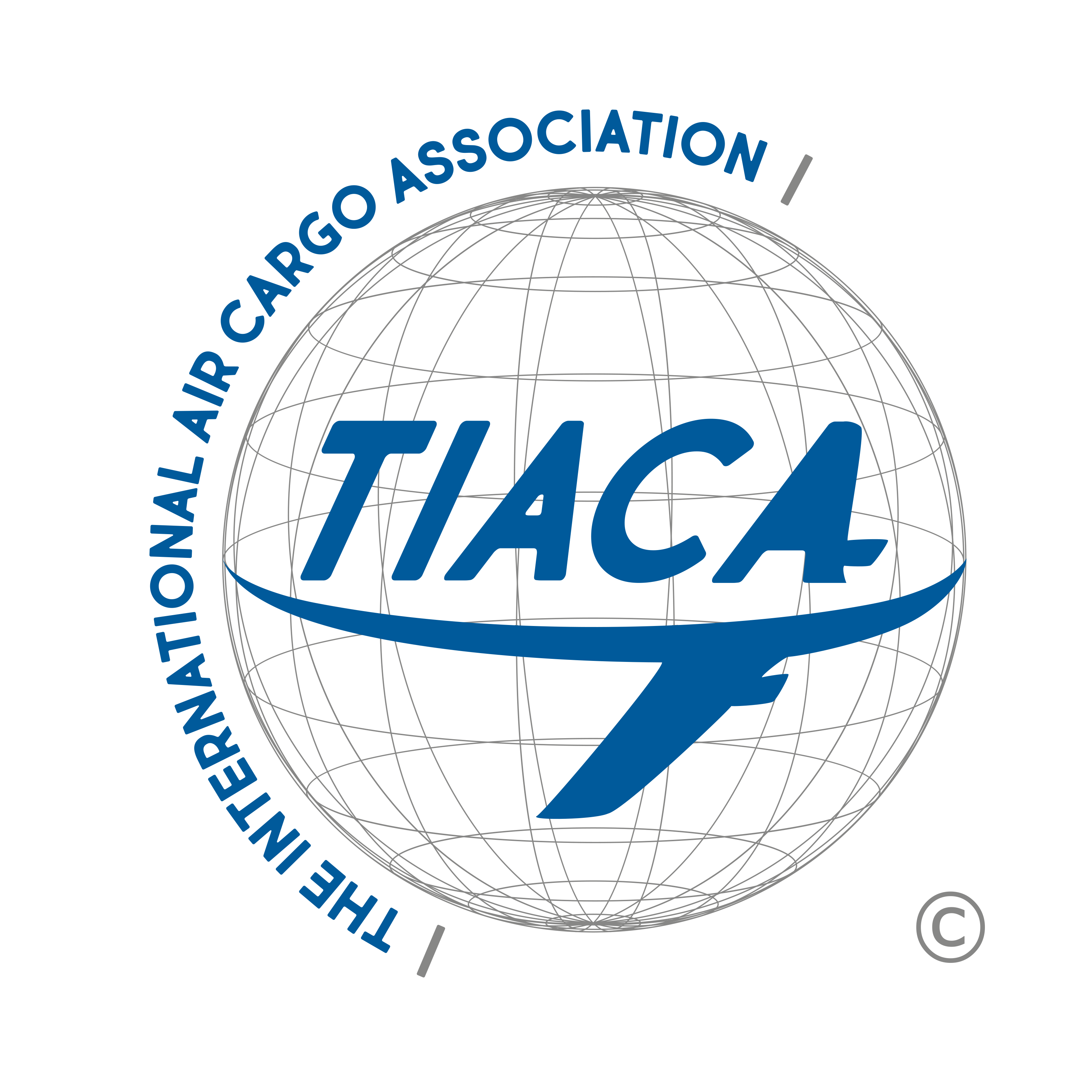Sunrays: shining a light on COVID-19 vaccines transport requirements
Written by: Celine Hourcade, Transition Director
During the pandemic, to protect lives, fight against the virus and to support lockdown policies worldwide, air cargo as well as the full logistics sector including the surface modes of transport, have been (and still are) in the frontline and headlines. From transport and delivery of PPEs, essential products to stay-home related goods, supply chain heroes made it happen.
However, many obstacles had to be overcome, often in emergency mode and not always coordinated leading to inefficiencies, missing opportunities, frustrations, etc.
COVID-19 pandemic has caused disruptions to global pharmaceutical supply chain due to airfreight capacity shortage arising from global lockdowns and passenger flights suspensions, border closures, night curfews impacting supply chain workers, etc. As a result, shippers had to rethink promptly their entire supply chain, to ensure timely and effective distribution for their products.
Regrettably, the unprecedent challenges caused by the current pandemic on supply chains had also a negative side-effect on existing immunization programs as capacity shortage, border closing, lockdown policies impacted the ability to ship non-COVID-19 vaccines and medical supplies, therefore delaying vaccination campaigns worldwide.
Lessons can and will be learnt from this situation to improve supply chain’s strengths and efficiencies in addition to proactiveness and anticipation to face the next big challenge: handle, transport and deliver the COVID-19 vaccine(s) as soon as available on the market to every person in every age group in every country in every continent, while continuing to support the other existing immunization programs.
There are 7.8 billion people in the world and many of them will look for vaccines as soon as these are available. Considering 90% of the population to get immunized and assuming the approved vaccine requires just one dosage per individual, at least 7 billion doses of the vaccine will need to be in the hands of healthcare workers. Assuming a 20% wastage rate, this could mean 8.5 billion doses in the supply chain. Should the vaccine administration require two dosages per individual, the volume needed could top 17 billion vials. Those challenges would get even tougher if, as some experts think is possible, a vaccine’s efficacy wanes over time and repeat doses are needed, potentially every year.
The coming global economic recession around the corner adds another layer of complexities: skills shortage and geopolitics.
In all sectors, companies are downsizing their operations and workforce (when not going bankrupt) to survive the economic crisis while society and vaccine supply chain need to scale up for the biggest and most consequential product launch in modern history.
While multiple geo-political, economic, and nationalistic interests will influence who discovers the cure, who manufactures it, who funds it and who needs it, how can we ensure the supply chain to be “equitable.” How will medicine requiring delicate and expensive transportation reach remote, impoverished areas?
Getting ready for the COVID-19 vaccine(s)
Once COVID-19 vaccine(s) are available, the freight industry will need to respond quickly and efficiently to handle the challenges of shipping vaccines from drug makers to billions of people.
The role of the supply chain in successful immunization programs is to ensure effective vaccine storage, handling, transportation, and stock management; rigorous temperature control in the cold chain; and maintenance of adequate logistics management information systems.
The ultimate goal for health organizations worldwide is to ensure the uninterrupted availability of quality vaccines from manufacturer to service-delivery levels, so that opportunities to vaccinate are not missed because vaccines are unavailable.
Logistics industry needs more insights to better prepare and support the future vaccination campaigns to fight COVID-19
All modes of transport and every local supply chain communities worldwide, need to look at how they can get ready and contribute to the fast and exceptionally reliable distribution of the vaccines worldwide.
Initial talks are happening, but how do you prepare for something when you do not know where it will be produced, in what quantities, where it needs to go to, how it needs to be transported and in what time-frame?
Single or multiple dose approach, cold-insensitive, cold-sensitive, or frozen, will have different impacts on the supply chain, so the soonest logistics sector is aware of what is coming, the better they can plan and adapt capacity.
Joining forces with Pharma.aero
The aim of project Sunrays, launched by Pharma.Aero and TIACA in August 2020, is to create much needed transparency between pharma shippers and air cargo professionals and deliver useful guidelines that will support the airfreight industry to get ready for this unprecedent challenge.
- Collect and aggregate information logistics players need from pharmaceutical companies / vaccines manufacturers on volumes, routes, product requirements, as well as timelines
- Collect and aggregate information from air cargo stakeholders’ capabilities, readiness, constraints, capacity, and routes
- Identify the technologies that could support better collaboration, efficiency, and reliability of the vaccine supply chain, such as digital exchange of information, real-time tracking, blockchain, drones and issue white papers and relevant guidelines
- Issue readiness guidelines for local air cargo communities to get prepared to handle, transport, store, distribute the vaccines to the local populations, according to set rules and regulations
The two associations have formed a steering committee and appointed an industry expert and recognized consultant, Mr Bert Elsen from 4ADVICE consulting to lead the project. In addition, TIACA and Pharma.aero are already or will be soon engaging its strategic partners like IATA, ACI and FIATA and international health organizations like WHO and GAVI as they are all key players to make air cargo industry ready to fly and deliver billions of COVID-19 vaccines worldwide.
